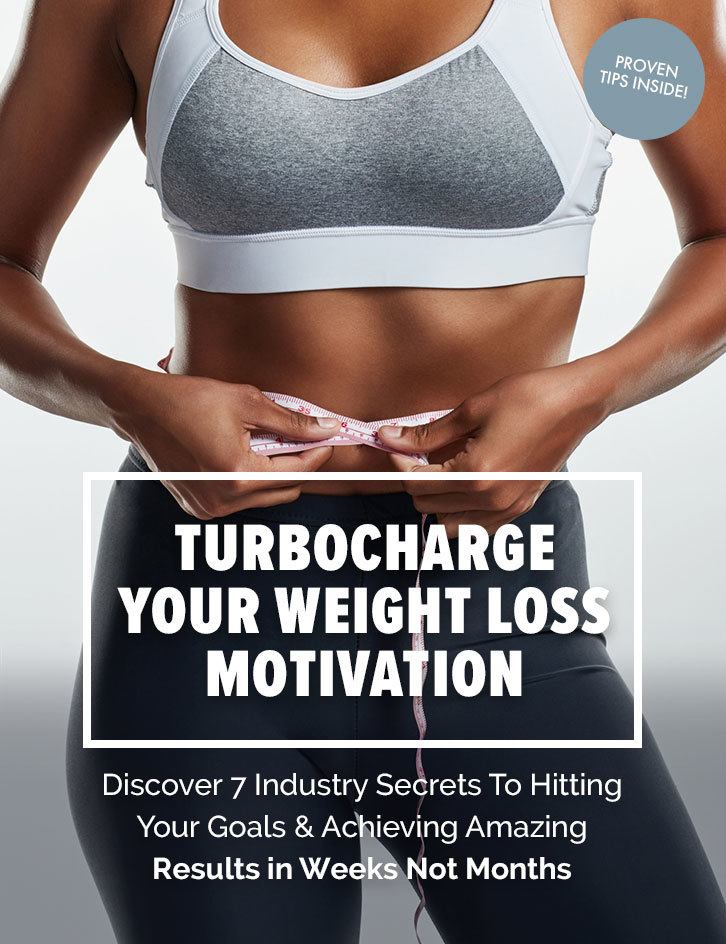Liquored or lean? Lessons from your Red Deer Personal Trainer
 By Jessie Pineault, 360 Fitness Trainer, Bikini Pro Card Holder
By Jessie Pineault, 360 Fitness Trainer, Bikini Pro Card Holder
If your fitness goals include building muscle and having a lean, trimmed body, you should think twice about indulging in alcohol. People don’t realise the negative effects alcohol has on their fitness journey. They want to become fit and healthy by eating clean, working out, but not cutting back on that glass of wine at night, or on those couple beers on the weekend. Excessive alcohol consumption affects your muscles, hormones, liver and brain in ways that are counterproductive to becoming more fit. Here are couple good reasons to not consume alcohol from your Red Deer personal trainer;
Reduces muscle growth
Protein synthesis is vital for muscle development and maintenance. Because alcohol impairs this process, drinking can interfere with your ability to grow and maintain muscle. Binge drinking also increases cortisol level, a hormone that destroys muscle.
Lowered testosterone
Drinking lowers testosterone and increases estrogen in the body. Testosterone is the most important hormone in the body for building muscle. The level of free-flowing testosterone determines how much muscle a person can gain. Lowered testosterone levels have an effect on muscle mass, definition, strength and recovery rate, while increased estrogen levels cause more fat depositing and fluid retention.
Sleep Quality Suffers
Alcohol consumption can cause sleep disorders by disrupting the sequence and duration of sleep states. You might think that having a drink before bed is helping you fall asleep faster but alcohol’s effect on sleep patterns results in increased fatigue and physical stress to the body. Therefore, alcohol consumption indirectly affects a person’s strength-training ability due to increased fatigue and a lack of healthy reparative sleep.
Dehydration
One of the main effects of alcohol consumption is dehydration. Muscle is composed of 75% water. Inadequate water intake will cause your gains in muscle strength to evaporate. When the body is dehydrated, it can’t work efficiently and unless you replenish the water, you will end up not feeling too good.
Fat storage
Consuming alcohol in large quantities has a direct effect on your metabolism, causing fat to be stored instead of being utilized as an energy source. Alcohol contains seven “empty” calories per gram, meaning that these calories don’t provide you with any of the essential nutrients you need to build that muscle mass you desire. Although alcohol is a carbohydrate, it does not convert to glucose like most carbohydrates but becomes a fatty acid and is more likely to be stored as fat. If you exercise and drink alcohol, it causes your fat metabolism to be put “on hold.” Alcohol interrupts the Kreb’s Cycle, a complex series of chemical reactions in the cells, which plays an important role in fat burning.
Vitamin & Mineral Depletion
Drinking alcohol depletes vitamins A, C, B-complex, calcium, zinc and phosphorus. These vitamins and minerals are vital to your body’s proper functioning, including the growth and maintenance of muscles. Alcohol can also slow down the amount of calories you’re able to burn through exercise. Because your body isn’t designed to store alcohol, it tries to expel it as quickly as possible. This gets in the way of other processes, including absorbing nutrients in food and burning fat.
In conclusion, please listen to these tips from your Red Deer personal trainer, if you want to increase muscle mass, decrease fat or improve general health, make sure alcohol is only consumed in moderation. Next time you are asked to go out socially, be the designated driver, you will be one step closer to your fitness goals.
References:
Livestrong.com
Shape.com
Mensfitness.com
Drinkaware.co.uk


